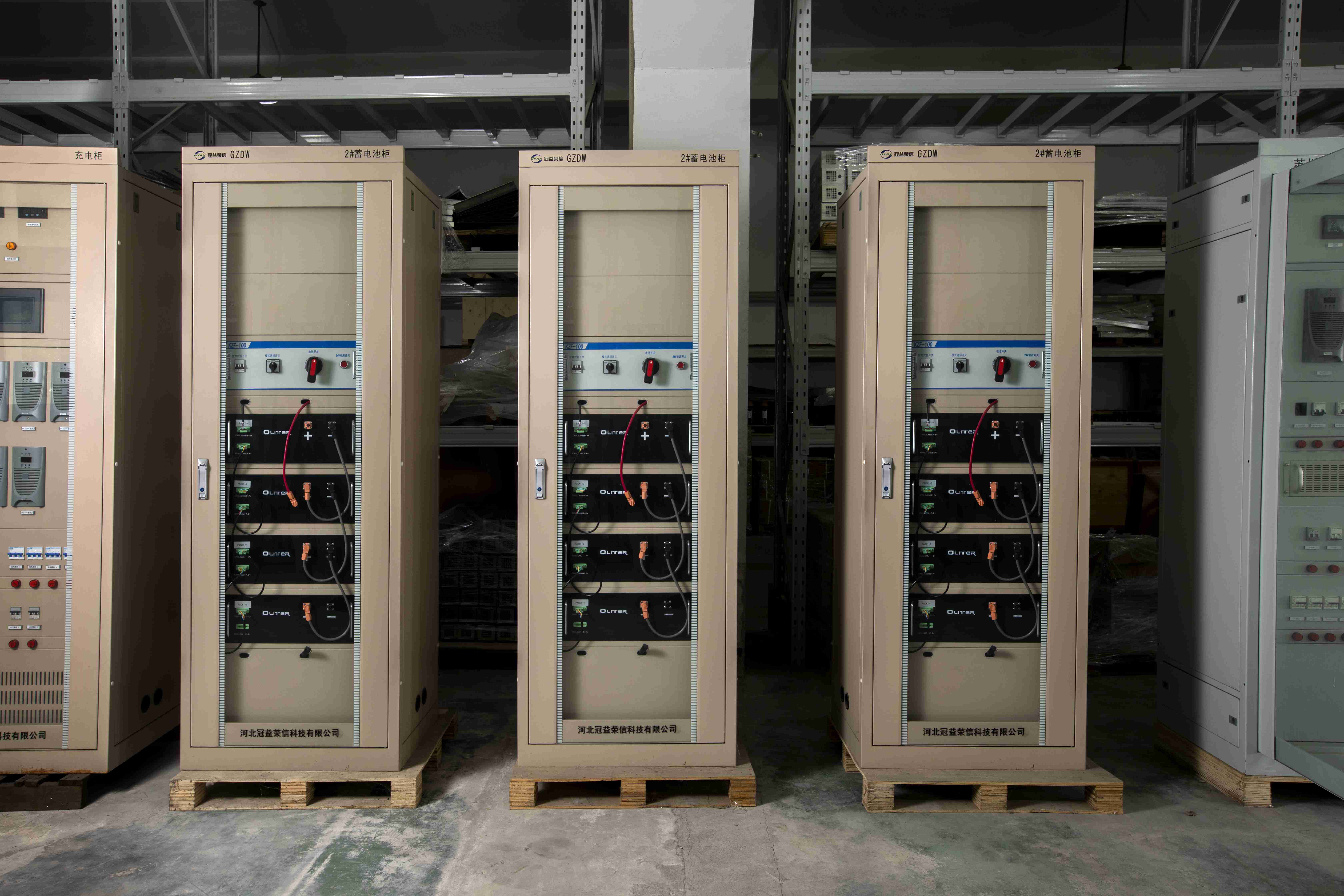
Oct . 13, 2024 04:27 Back to list
CE Certification for Innovative Distributed Energy Storage Systems Solutions
CE Certification for Distributed Energy Storage Solutions
As the world shifts towards sustainable energy practices, distributed energy storage solutions (DESS) are playing an increasingly vital role in enhancing energy efficiency and reliability. These systems allow for the effective storage and management of renewable energy, particularly from sources like solar and wind, thereby addressing the intermittent nature of these energy forms. With the burgeoning market for DESS, the importance of regulatory compliance, particularly CE certification, cannot be overstated.
CE marking, which stands for Conformité Européenne, indicates that a product meets the essential health, safety, and environmental protection standards set by the European Union. For manufacturers and developers of distributed energy storage solutions, obtaining CE certification is crucial not only for accessing the European market but also for fostering consumer trust and promoting the product's credibility.
So, what exactly does CE certification entail for distributed energy storage solutions? The primary goal is to ensure that these systems operate reliably and safely under various conditions. This involves rigorous testing and assessment of the product’s engineering design, performance capabilities, and environmental impacts. DESS must demonstrate that they can withstand operational stresses while maintaining safety standards, thereby preventing hazards such as overheating, electrical malfunctions, or even fires.
A significant aspect of the CE certification process is the adherence to multiple EU directives and regulations. For instance, the Low Voltage Directive (LVD) applies to electrical equipment designed for use within certain voltage limits, ensuring that the products are safe for consumer use. The Electromagnetic Compatibility (EMC) Directive is another key regulation that addresses the electromagnetic emissions of devices, ensuring that they do not interfere with other electronic equipment. Additionally, the Battery Directive governs the environmental impact of batteries, mandating responsible disposal and recycling methods which are essential for sustainable practices in energy storage.
ce certification distributed energy storage solution

Moreover, the CE certification process can significantly enhance a company’s reputation in the market. By demonstrating compliance with European safety and environmental standards, firms can differentiate their products in a competitive landscape. For current and potential customers, a CE mark serves as an assurance of quality and reliability, which can be a decisive factor in purchasing decisions. This trust is particularly critical in the energy sector, where safety and efficiency are paramount.
The benefits of CE certification extend beyond market access and consumer confidence. It also facilitates innovation and helps companies streamline their design processes. The rigorous testing protocols require manufacturers to develop systems that not only comply with current regulations but are also adaptable to future directives and standards. This forward-thinking approach can lead to more innovative and reliable energy storage solutions, reinforcing the move towards a sustainable energy future.
As the energy landscape continues to evolve with advancements in technology, the role of distributed energy storage solutions will become increasingly prominent. However, for these solutions to gain widespread acceptance and usage, adherence to standards like CE certification is essential. It is not merely a regulatory requirement; it is the foundation upon which trust, safety, and innovation are built.
In conclusion, CE certification for distributed energy storage solutions is a crucial component that impacts the future of energy management. By ensuring compliance with stringent safety and environmental standards, manufacturers can produce reliable products that will stand the test of time. This pathway not only opens up market opportunities in Europe but also fosters a culture of quality that permeates the entire industry. As the world continues its transition to renewable energy sources, CE certification will play a significant role in supporting this shift, ensuring that distributed energy storage solutions can deliver on their promise of efficiency, sustainability, and reliability.
-
Advanced AI Energy Management with GPT-4 Turbo
NewsAug.02,2025
-
AI-Powered EMS with GPT-4-Turbo | Efficiency Boost
NewsAug.01,2025
-
Optimized Storage System for GPT-4-Turbo | High Performance
NewsJul.31,2025
-
AI Energy Management System w/ GPT-4 Turbo Efficiency
NewsJul.31,2025
-
High-Performance Energy Storage System for Reliable Power Solutions
NewsJul.30,2025
-
Advanced EMS Solutions for Energy Management System & Storage Battery Companies
NewsJul.29,2025























